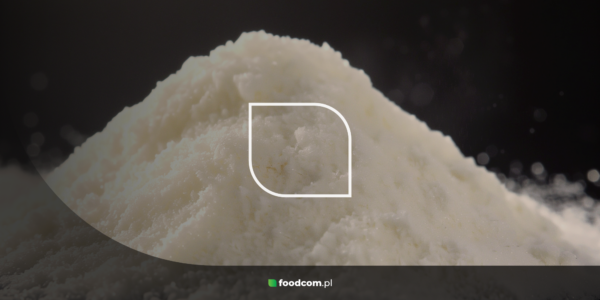Flavorants – what is it?
Flavorants refer to substances added to products to impart, modify, or enhance their taste or aroma. These can be derived from natural sources, like herbs, spices, fruits, and essential oils, or be synthetically produced to mimic specific flavors. Their application is vast, spanning from the culinary world, where they heighten the sensory experience of foods and beverages, to the feed industry, where they can make feeds more palatable for animals, and even to the industrial sector for uses in products like flavored toothpaste or mouthwashes.
Most common questions
1. What’s the difference between natural and artificial flavorants?
Natural flavorants are derived directly from plants or animal sources and are processed to capture their flavor compounds. Artificial flavorants, on the other hand, are chemically synthesized, often in labs, to recreate specific tastes or aromas. While both types are used in the food industry, the choice often depends on factors like cost, availability, and consumer preference.
2. Why are flavorants used in animal feed?
Flavorants can make feeds more palatable or mask undesirable tastes, which can encourage animals to consume more or ensure that they’re ingesting vital nutrients. This can be especially crucial for specialized or medicinal feeds where taste might otherwise be a deterrent for the animals.
3. How does Foodcom S.A. ensure the safety of the flavorants they offer?
Foodcom S.A. adheres to rigorous quality control and safety protocols. The flavorants they source and trade are compliant with international standards and regulations. Partnerships with reputable suppliers, regular quality checks, and adherence to certifications ensure that the flavorants provided are safe for their intended applications.
4. Can flavorants have an impact on nutritional content?
Flavorants primarily influence the taste and aroma of a product. While they don’t significantly alter the core nutritional content, they might add minimal calories, especially if derived from natural sources like oils. It’s always advisable to check product specifications and labels for detailed information.





